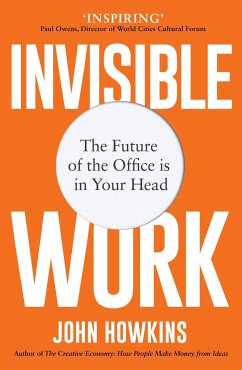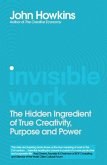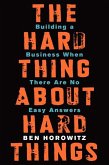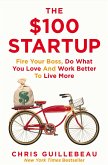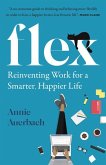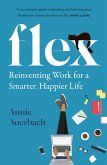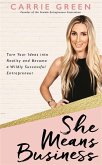A visionary exploration of the global future of work and an essential framework for work/life growth in the era of the remote professional. The old models no longer apply. Work today depends on personal, subjective ideas which begin inside our heads and whose success depends on never-ending negotiations with what's going on inside other people's heads. It depends on attitudes and behaviours in small, smart, fast teams. Job descriptions, office structures and nine-to-five expectations have become optional. All the crucial moments - the thoughts and feelings that decide what we do - are invisible. How we manage this and make it visible determines how well we do, how we are paid and whether we enjoy our work. In Invisible Work, John Howkins explores how to discover purpose, autonomy and opportunity in this new isolated, yet connected, world.
Hinweis: Dieser Artikel kann nur an eine deutsche Lieferadresse ausgeliefert werden.
Hinweis: Dieser Artikel kann nur an eine deutsche Lieferadresse ausgeliefert werden.
